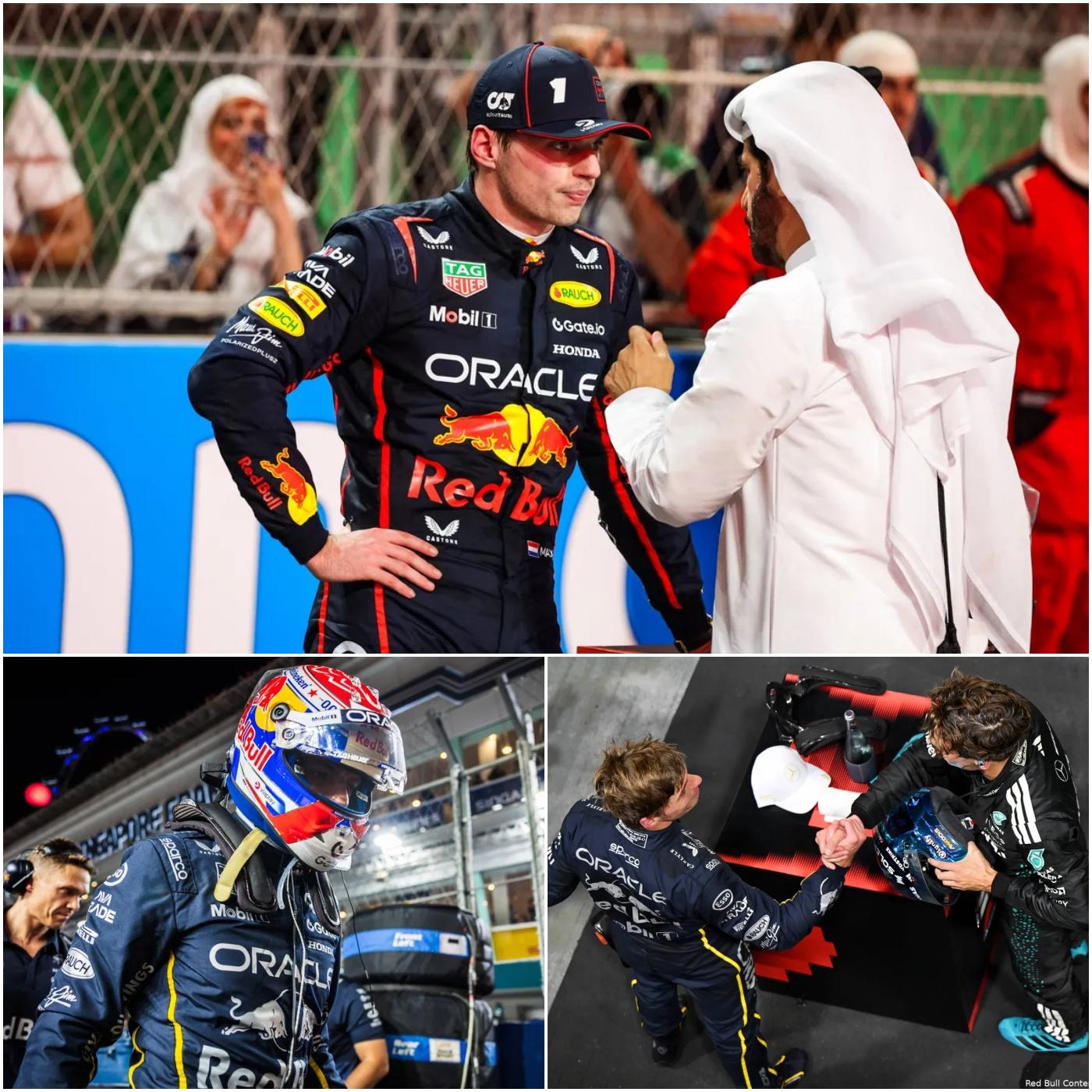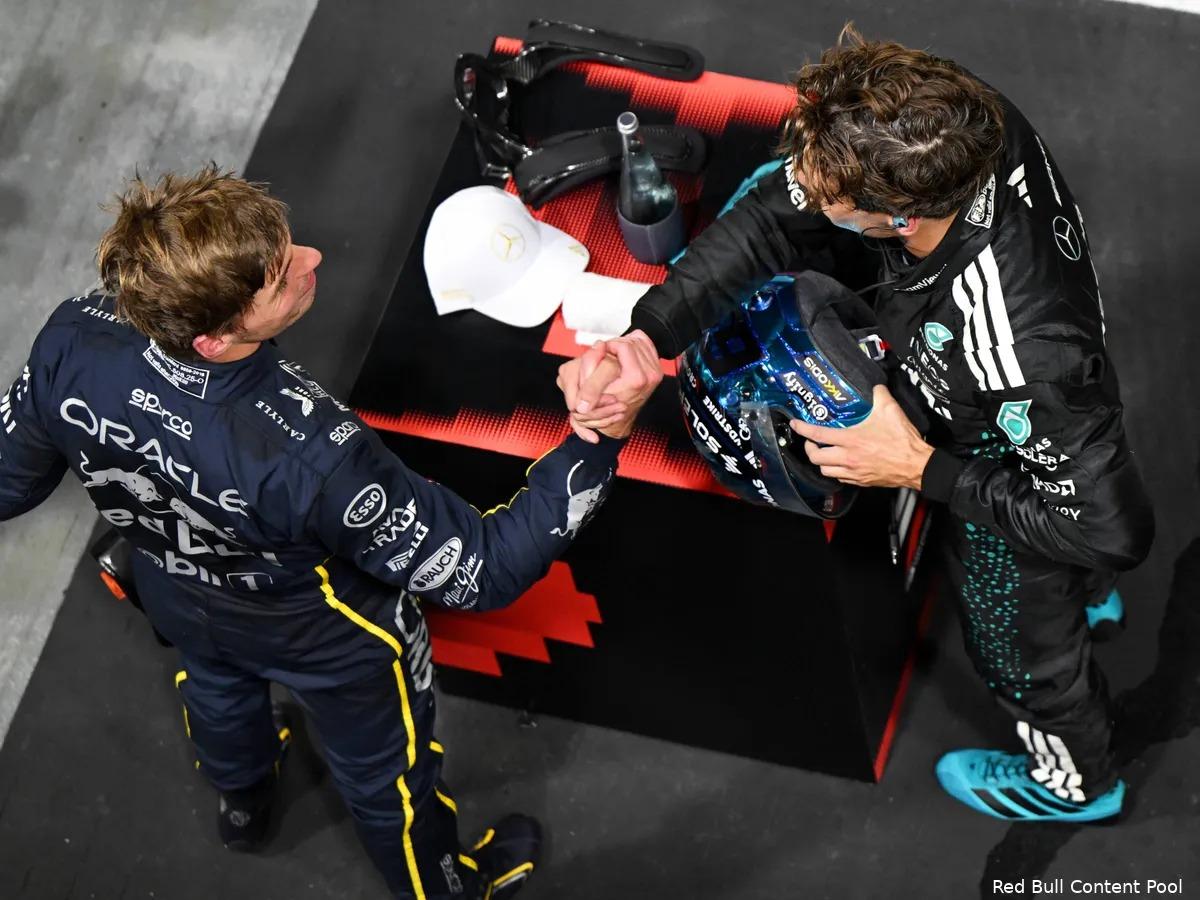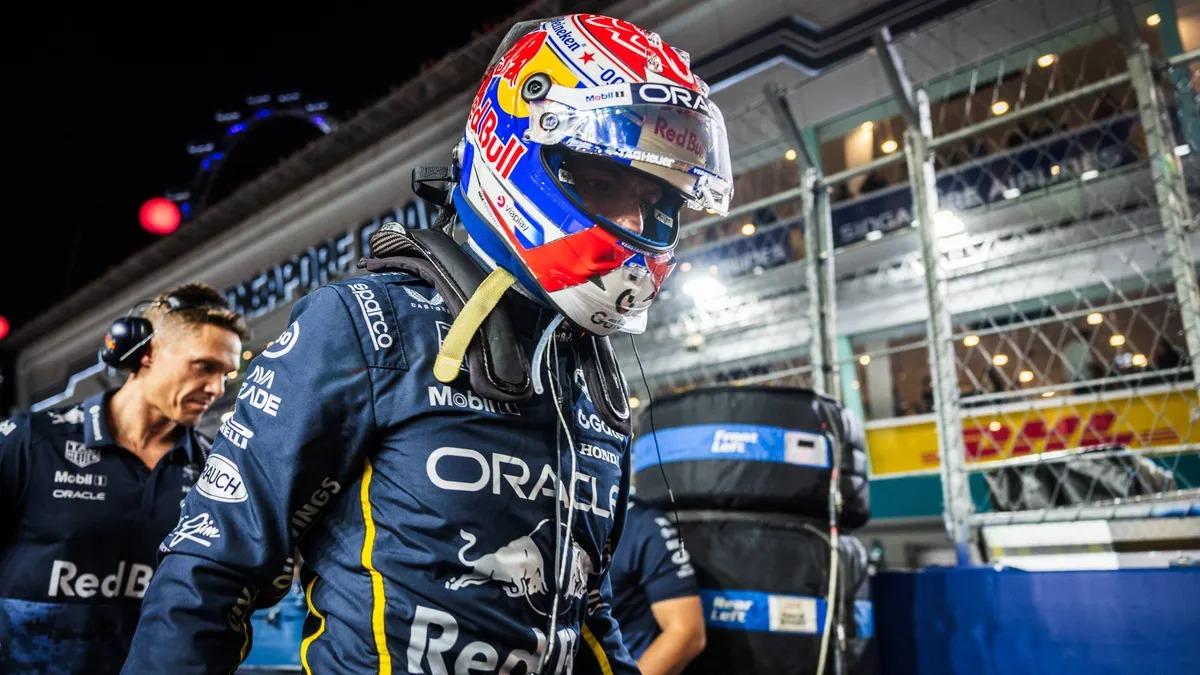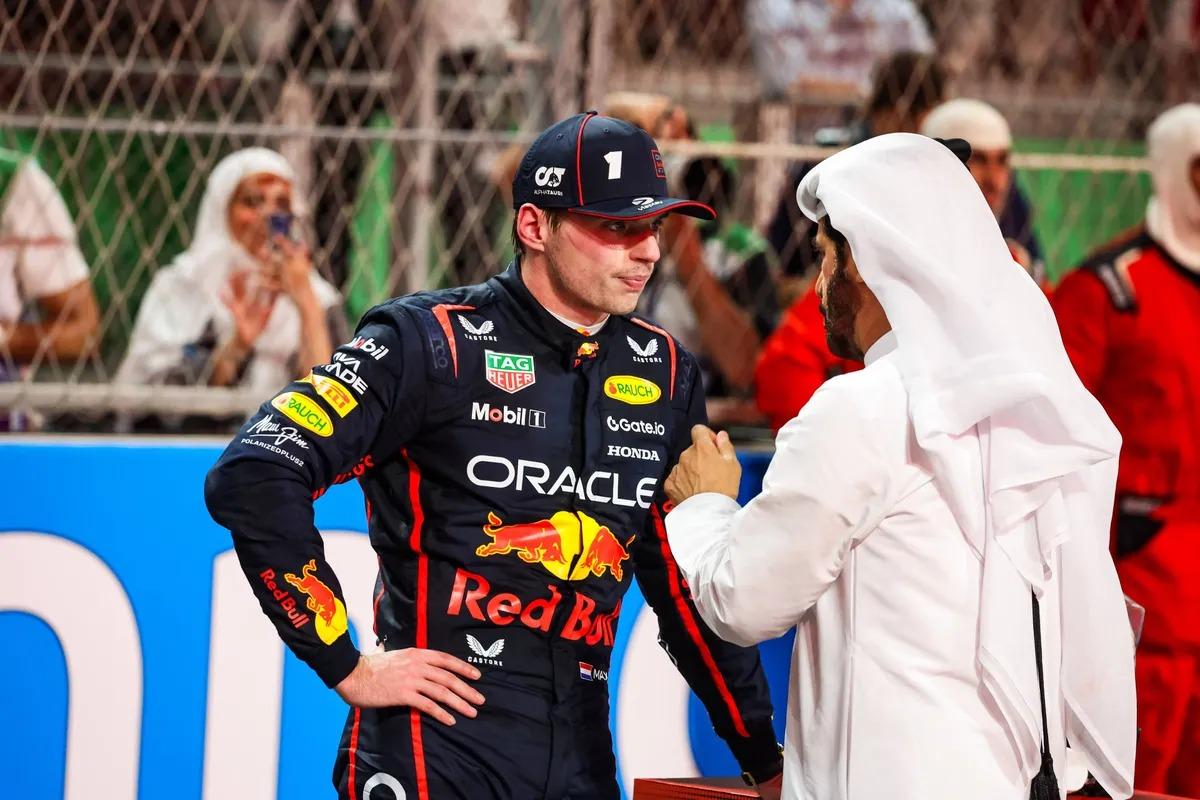Mohammed Ben Sulayem continues to race due to strange rules and is angry that Max Verstappen is “not a rapper” and has vowed to punish anyone who uses foul language during official FIA events.
There is a fierce debate in the world of motorsport about language use, rules and the role of role models. Mohammed Ben Sulayem, the controversial president of the Fédération Internationale de l’Automobile (FIA), continues to fight tirelessly against what he sees as an erosion of moral standards in Formula 1 and other championships. His recent comments, in which he describes Max Verstappen as “not a rapper” because of his swearing, underline a deep-seated frustration. Ben Sulayem has vowed to punish anyone who uses foul language at official FIA events, a promise that has put the sport on edge. But why does he keep harping on this, and how does this affect the future of motorsport’s premier class?

The roots of this battle lie in a series of incidents that have bothered the FIA CEO for some time. As a former rally driver, Ben Sulayem knows the adrenaline and frustrations of racing like no other. Yet in modern Formula 1 he sees a generation of drivers who express their emotions too freely, especially via the on-board radio and in press conferences. “We live in a time when children look at us as heroes,” he said recently in an interview with Rwanda TV, referring to the wider impact of the sport. His crusade began in earnest in 2024, when he called on drivers to moderate their language. A day later, Max Verstappen, the four-time world champion, showed exactly the opposite during the press conference for the Singapore Grand Prix.

Verstappen, the undisputed star of Red Bull Racing, talked about his car’s balance problems in Azerbaijan and casually dropped: “The car was fucked.” The word, a classic in informal racing, went down the wrong way with the stewards. Especially since Ben Sulayem had just announced that foul language would be dealt with more strictly. The consequence was a first: community service for the Dutchman, who had to do work for society. Instead of a fine, the FIA opted for a symbolic punishment, with Verstappen having to inspire young aspiring racers in Rwanda. Footage from Rwandan television shows him, accompanied by Ben Sulayem and the local Minister of Sports, building a cross car with enthusiastic teenagers. “Don’t worry, Max,” the FIA president is said to have said. “You are going to encourage young girls and boys who want to get into motorsport.”

Verstappen himself was initially furious. He called the punishment “ridiculous” and responded with silence in later press conferences, in protest against what he saw as patronizing. “I can’t give my opinion, because then I get another penalty,” he grumbled after the Saudi Arabian Grand Prix. The Grand Prix Drivers’ Association (GPDA), the interest group of the drivers, hit back hard. In a statement from November 2024, the GPDA demanded more transparency about the spending of fines and an open dialogue with the FIA. “We have been asking the president for details for three years,” they wrote, referring to the sky-high penalties that threatened: up to 120,000 euros in fines, a one-month suspension and points deductions for repeated violations. The drivers felt bullied, especially because the rules seemed disproportionately hard for Formula 1 compared to rally or karting.

Ben Sulayem’s response to Verstappen’s outburst was typically sharp and personal. In a video interview that recently went viral, he mockingly called the Dutchman “not a rapper”. “Max is a driver, not a rapper who stands on stage cursing in front of a microphone,” he sneered, referring to hip-hop culture where swearing is often part of the expression. This comment, although intended to be humorous, struck a chord. It underlines Ben Sulayem’s conservative view: drivers are role models for a global audience, including families and children. He fears that unbridled language will scare the sport away from sponsors and governments, and he is prepared to go far to prevent that. “I have vowed to punish anyone who uses foul language during official FIA events,” he said in a post on Instagram. “This is not a negotiation point; it is about respect for the sport.”
The rules themselves are indeed strange, as Ben Sulayem himself describes it in his defense. In January 2025, the FIA introduced a graduated penalty scale: a warning for the first offense, a $40,000 fine for the second, and a full charge with suspension for the third. This escalation, multiplied by a factor of four for Formula 1, led to outrage among rally drivers, who were treated more leniently. “People make rules, and people can make them better,” Ben Sulayem later wrote on social media, acknowledging that feedback from drivers across the championships made him realize adjustments were needed. Rally drivers, used to rougher conditions, successfully lobbied for relaxations.
In May 2025, the FIA announced the revised guidelines, directly on behalf of Ben Sulayem. Most important change: Stewards are now allowed to distinguish between “controlled” and “uncontrolled” environments. Swearing on the track, in the heat of battle, is punished more lightly than in a press conference, where microphones are always on. Fines are lower, and for a first offense a sentence can even be conditional. “As a former rally driver, I understand the emotions during a race,” Ben Sulayem explained. This adjustment seems to be a compromise, born from the riot surrounding Verstappen, but also from broader criticism. The GPDA praised the dialogue, although tension remains simmering.
Yet Ben Sulayem continues to race – figuratively speaking. His presidency, which runs until elections at the end of 2025, partly depends on these reforms. Critics see him as an old-fashioned figure who suffocates the sport with moral sermons, while fans praise him for his tenacity. Verstappen, meanwhile, has embraced community service. “I was nervous in Qatar, but the idea of inspiring children was great,” he admitted in a recent interview. The hugs in Rwanda turned out to be a PR success for both: Ben Sulayem shows humanity, Verstappen his commitment.
This saga reveals a deeper conflict in Formula 1: the clash between raw passion and polished presentation. While Ben Sulayem swears by strictness, he has already admitted that flexibility is needed. Will this lead to a more harmonious sport, or will the rap versus racing debate continue to fester? With the 2026 season in sight, where new rules about engines and aerodynamics dominate the headlines, language seems a relatively small, but symbolic battle. One thing is certain: Mohammed Ben Sulayem will not stop racing against the current. He fights for clean, inspiring motorsport – whether the drivers like it or not.